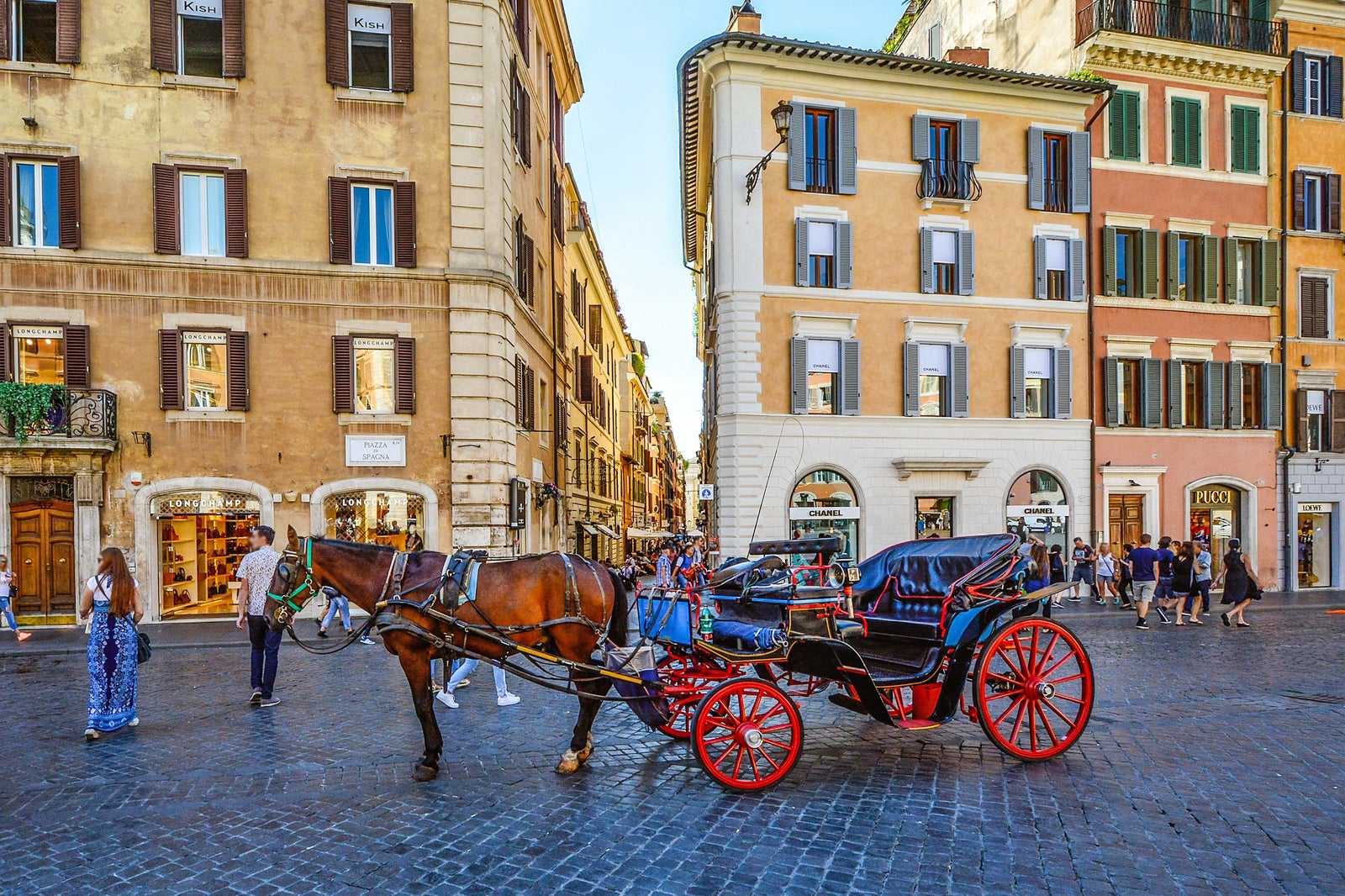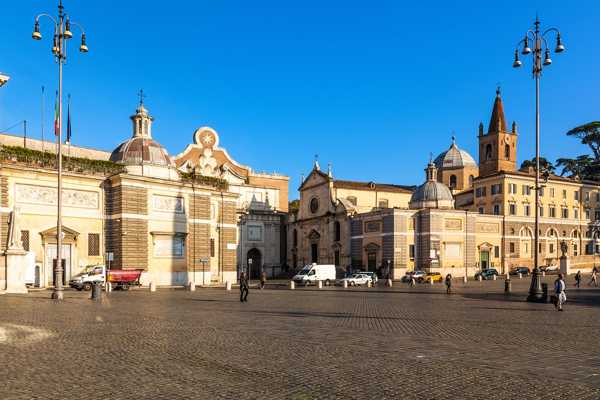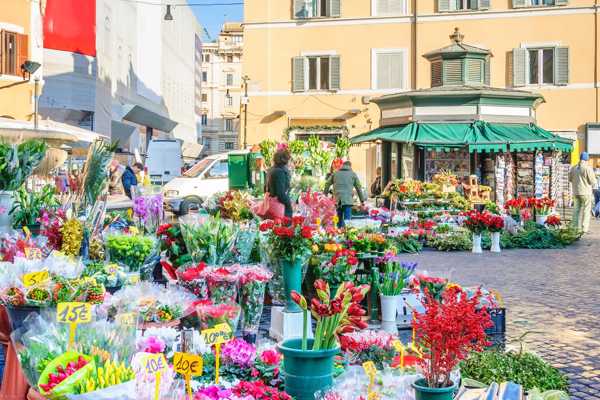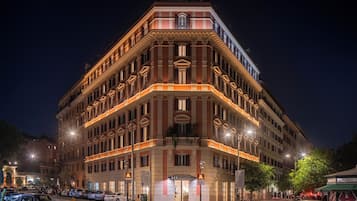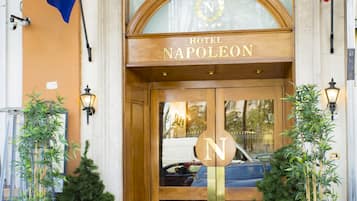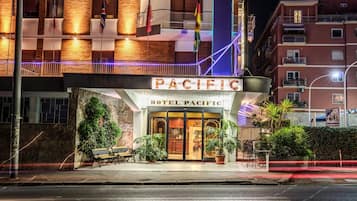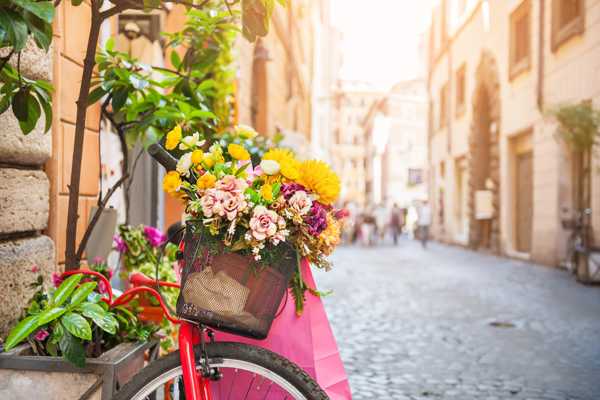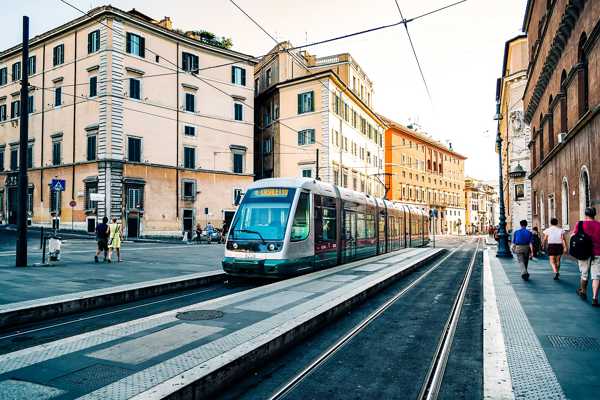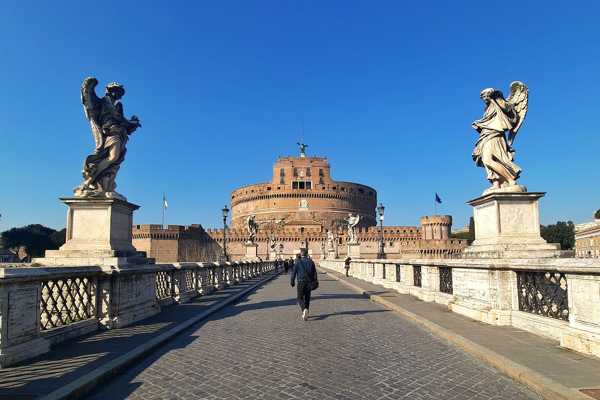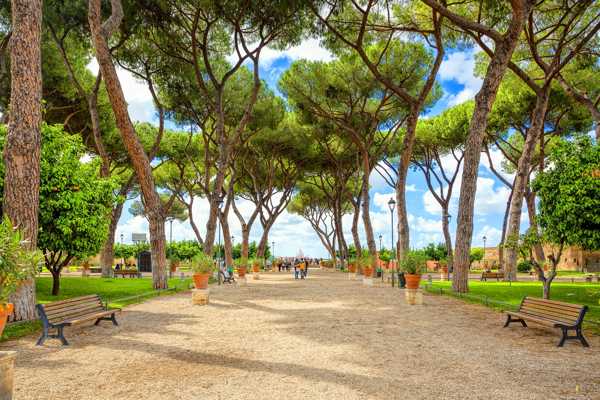Mistakes people make on their first trip to Rome include common slip-ups or faux pas you may face in a new travel destination. However, here we’ve compiled some of the usual errors new travellers often make specifically in this popular city. While mostly harmless, they can diminish your overall experience and are generally best avoided.
Plain travel preparation-related errors include not packing for the right time of the year, or not booking your visits to certain landmarks in advance. We’ve also collected a few insightful tips and cultural 'don’ts'. Most of these are from our experiences in Rome, so you can optimise your time in the city and not make any of these mistakes yourself.
- 1
Packing for the wrong season
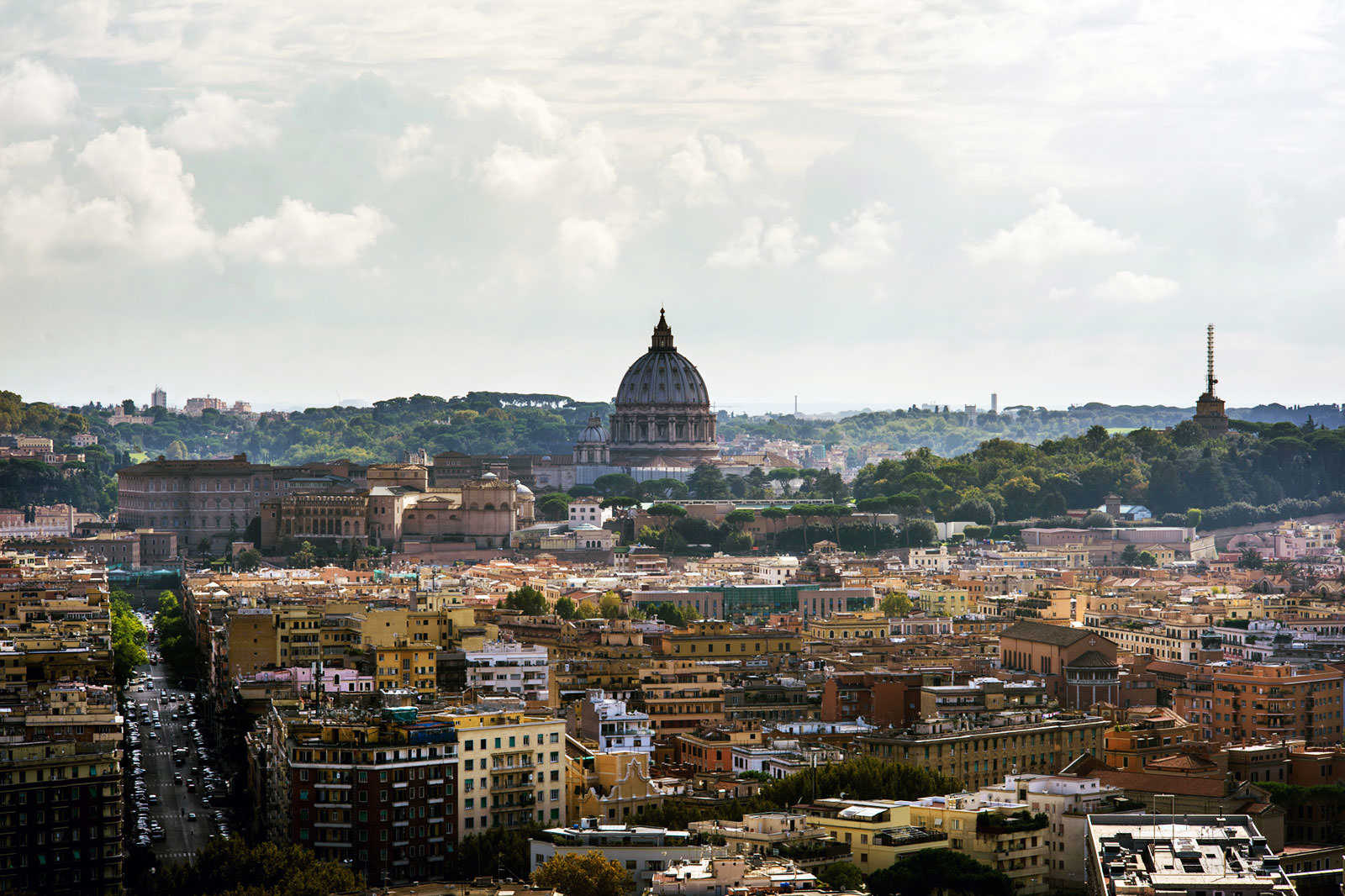
Most people visit Rome in the summer (June–September) while others prefer arriving earlier in the springtime (March–June). Whichever your preference of season, you’ll need to pack the right type of clothing. Light and cool are a must for the summer, as it can get very hot. Between October and April, most of the summer crowds would have dissipated, and although you’ll need warm clothing, it rarely drops down to freezing levels. Remember, no shorts and sleeveless shirts for most visits to the Vatican, and wear comfy shoes as Rome’s streets are mostly cobblestoned.
- 2
Booking a cheap hotel in the suburbs

Central Rome is blessed with some stunning hotels – but they're often pricey. You may find cheaper stays out in the suburbs, which is often tempting. But when you factor in increased travel times and the cost of taxis back to your hotel after dinner, these savings quickly disappear. Even if you’re on a budget, it’s far better to search for a cheap and cheerful place in the city.
- 3
Underestimating walking times
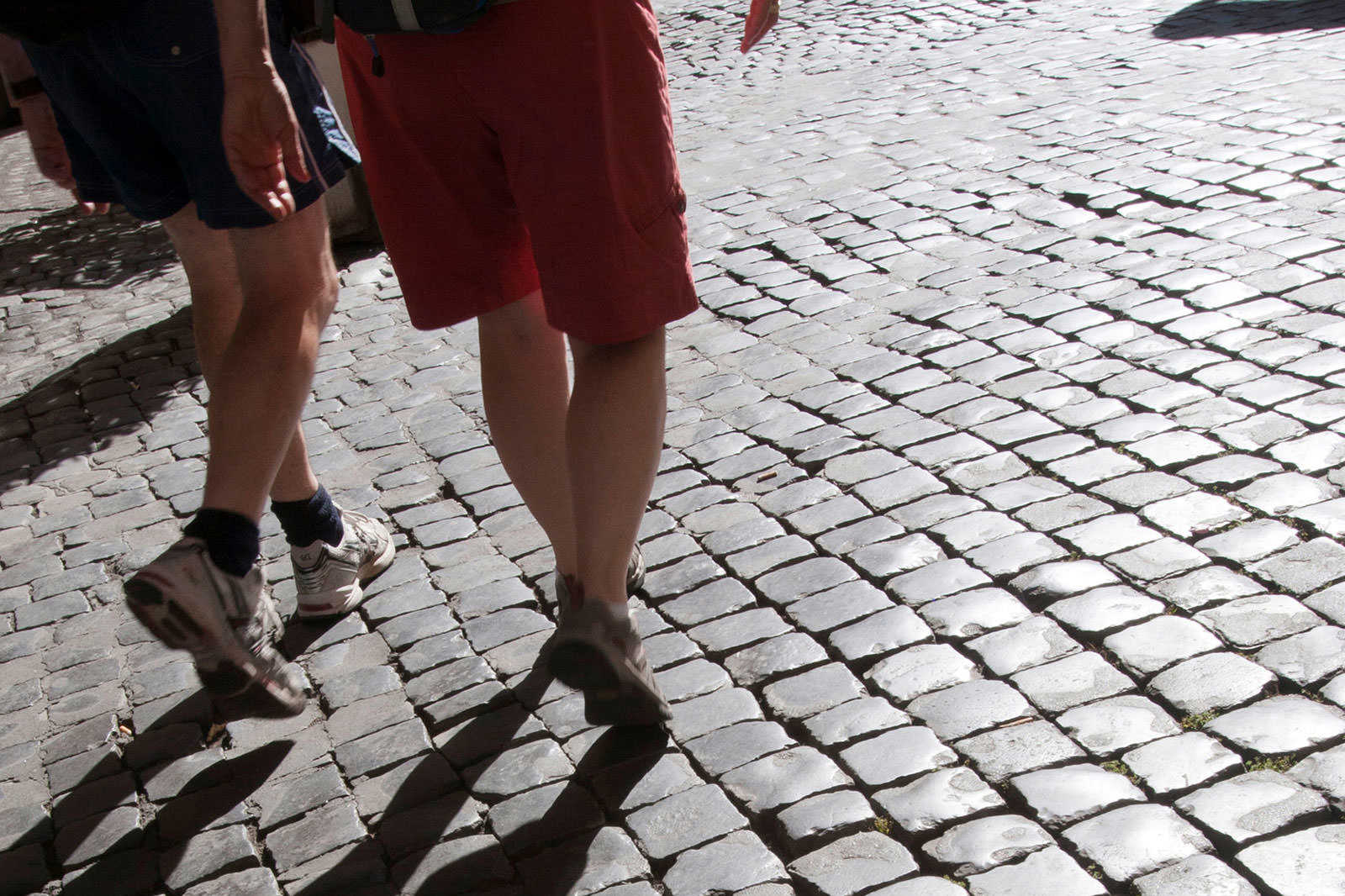
Although most of the sights in central Rome aren’t very far from each other – mostly within half an hour’s walk – you’ll still need a map as the network of streets can be disorienting. With the idea of pleasantly getting lost being part of the travelling experience, it’s still best to be able to make best use of your time covering the city’s highlights. The challenge is usually navigating the many winding streets, and know where you’re heading to.
- 4
Letting your guard down on Bus 64 – the “Pickpocket Express”
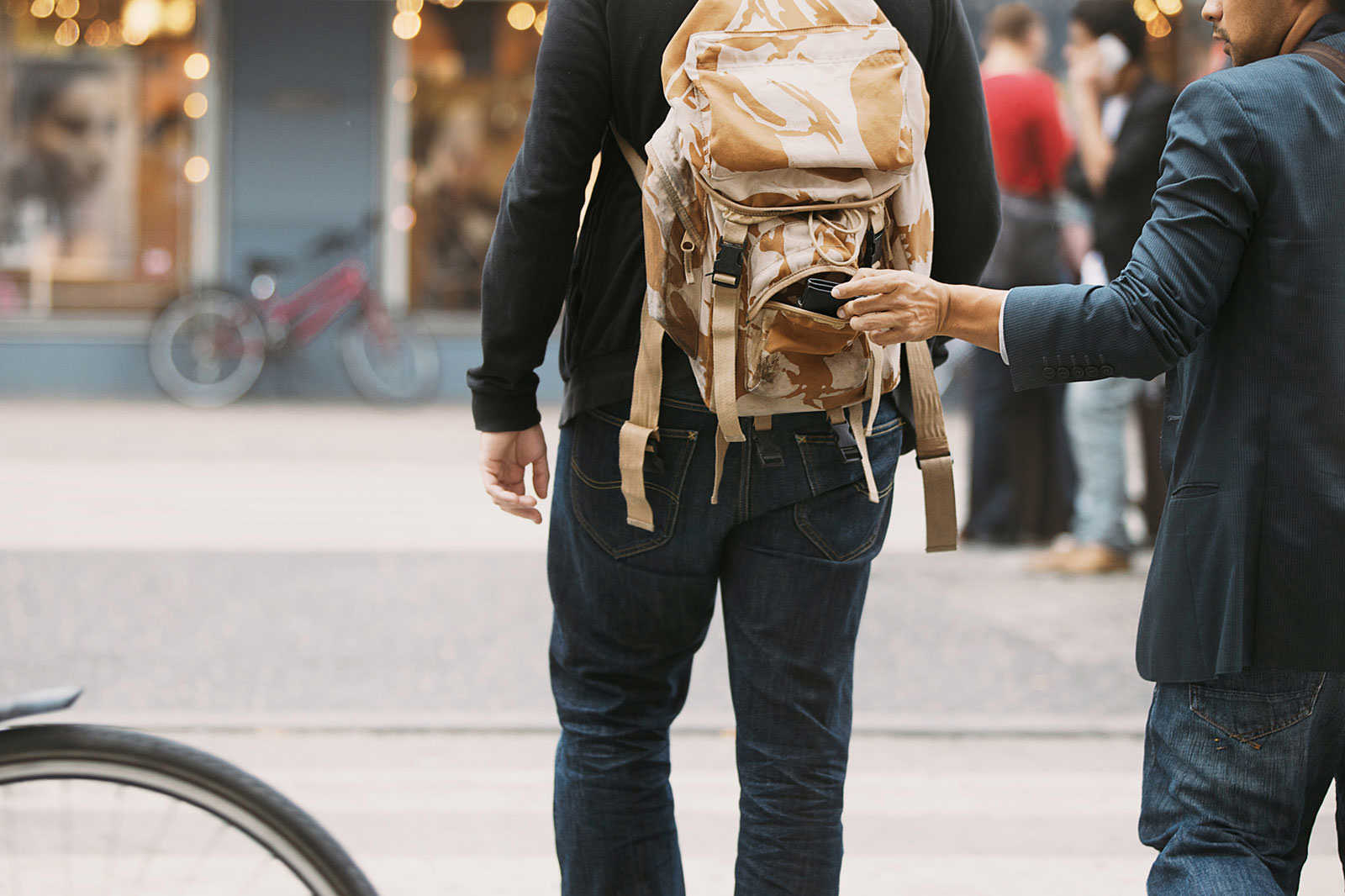
Like many other popular European cities, pickpocketing is one of the annoyances you’ll need to be aware of in Rome. One gold mine for pickpockets is the so-called Bus 64. It’s one of Rome’s most useful routes for tourists, providing frequent stops for major sights within the city and providing rich pickings for thieves. Avoid carrying loose valuables, or keeping your wallet in your back pocket, where it’s most vulnerable. Money belts are best.
- 5
Not getting a Roma Pass
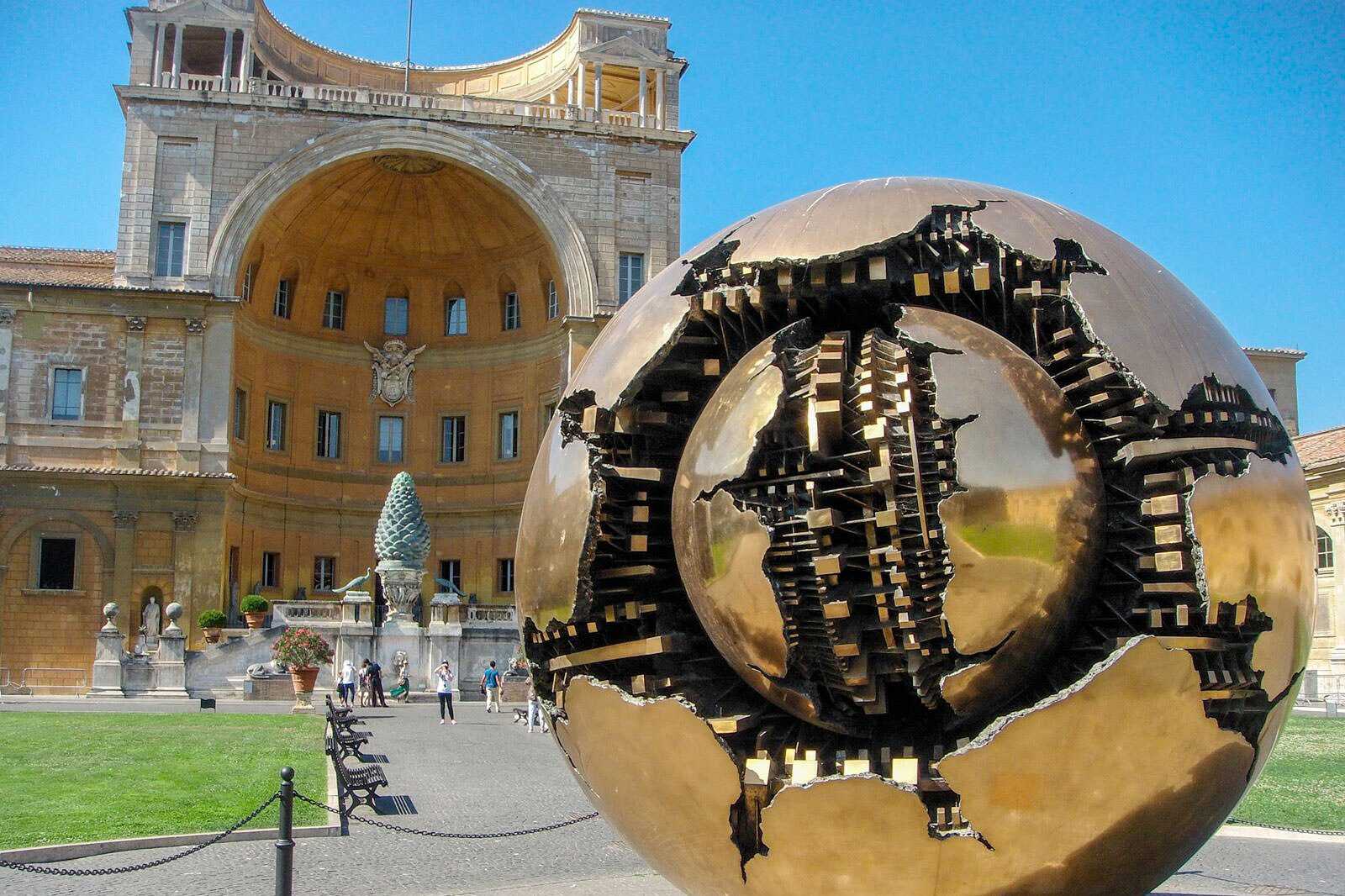
A Roma Pass can be greatly convenient for travelling within the city. It entitles you to discounted tickets and fares, including for museums and the metro. There are 2 card options to choose from: 72 hours and 48 hours. Some significant sites – like the Vatican Museums – aren’t covered, but many great ones are. You can pick up a Roma Pass at tourist spots all over town and online.
- 6
Not pre-booking your tickets to the Vatican Museums
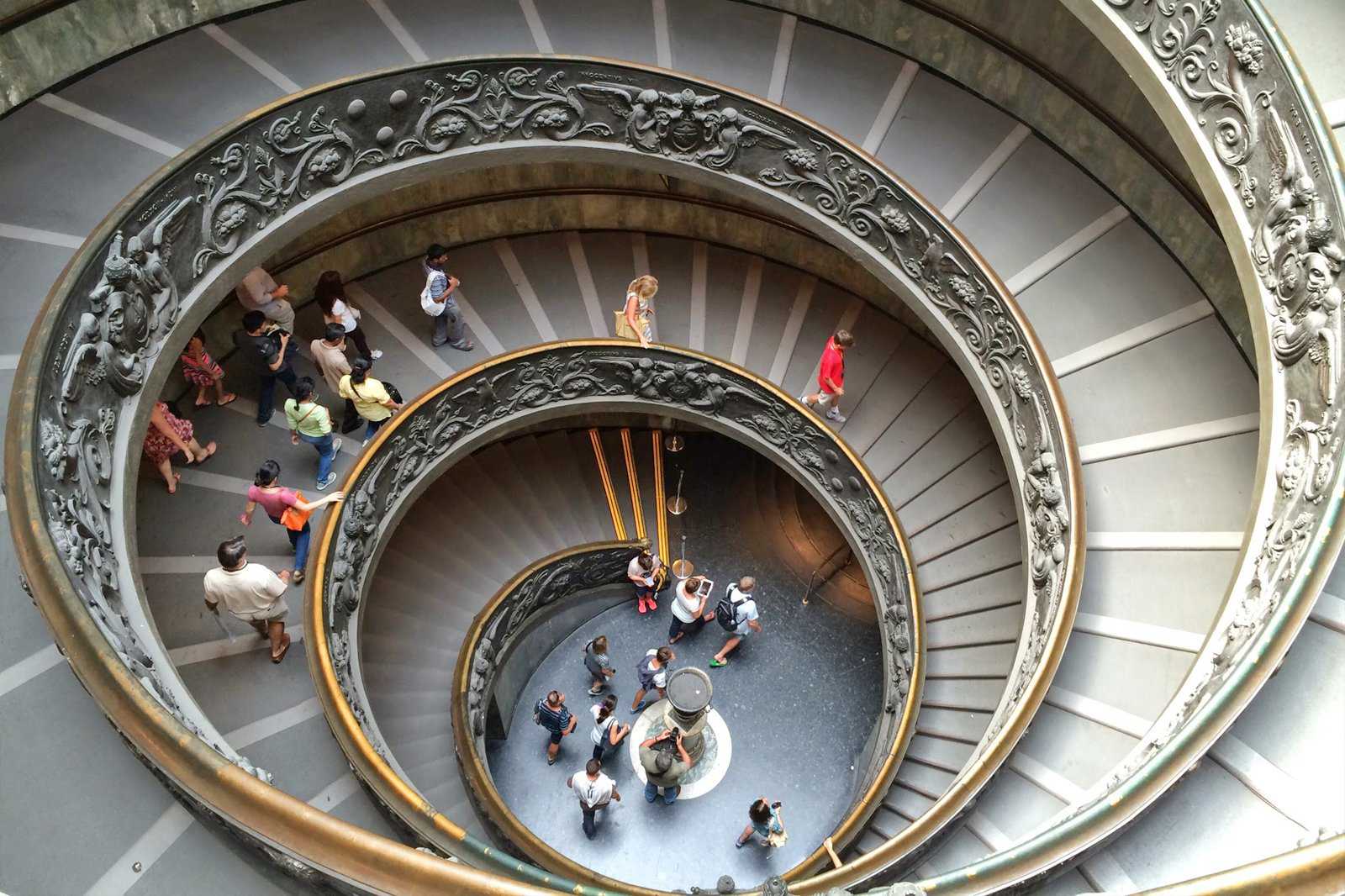
On top of the mandatory queuing for security checks, the lines at the ticket counters to get into the Vatican Museums can get very long during peak times of the year. Booking your tickets in advance can save you that wait. You can also usually choose a lunch option with your booking, so you can enjoy a filling meal without wasting even more time searching for a place to eat outside the museum.
- 7
Buying knockoff designer bags near the Spanish Steps
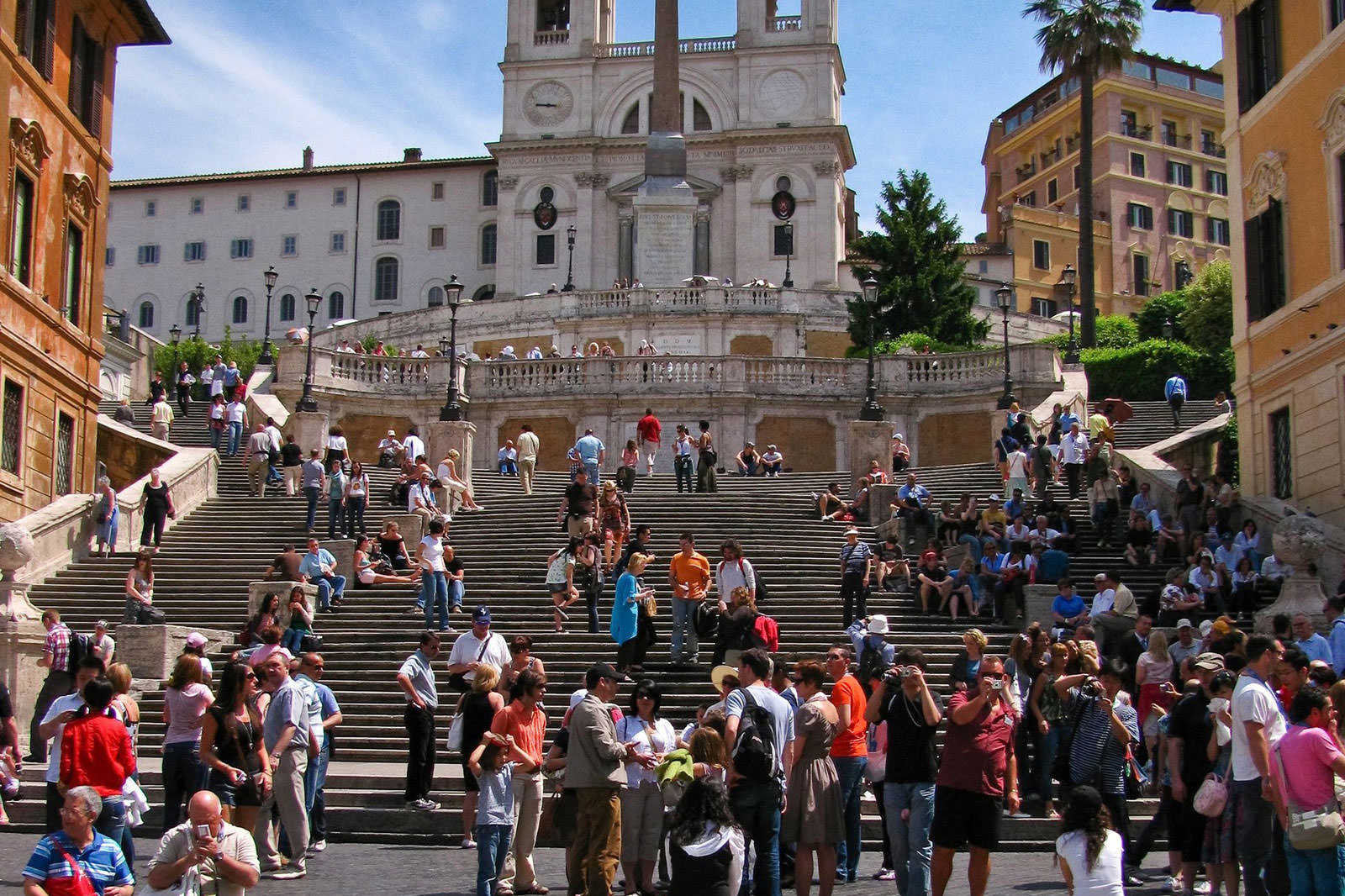
No matter how tempting those Italian-branded items can be, they mostly aren’t the real deal.
- 8
Not getting a local SIM card if you use Google Maps
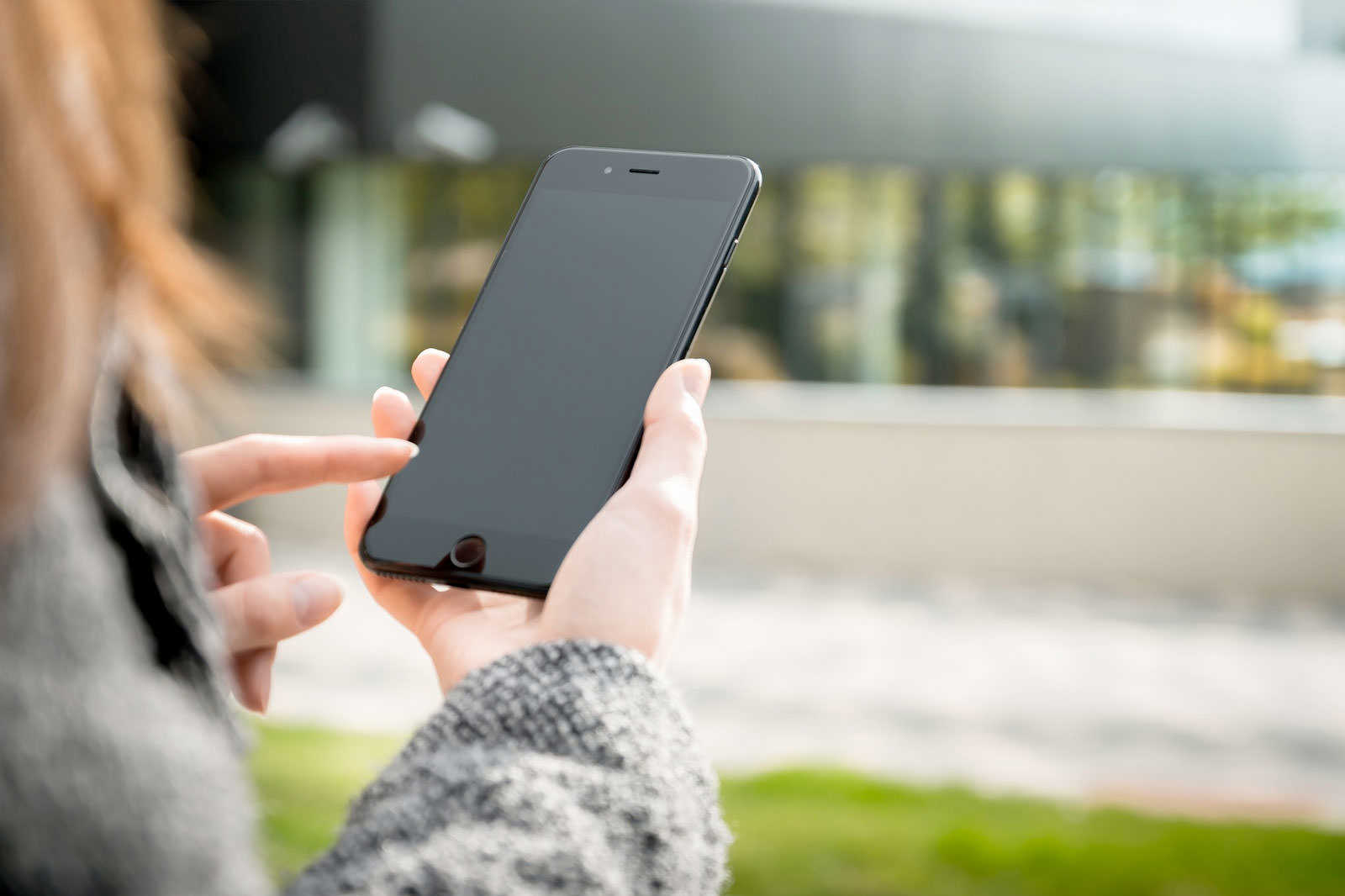
Some people prefer printed maps, but many now rely on staying connected with their smartphones. Providers include Vodafone, Tre, WIND and TIM. You can find some of their counters at the airport and train stations, but there are cell service stores available throughout the city selling SIMs for multiple cellular providers. A €30 SIM usually comes with around 2GB of internet data and a few extras.
- 9
Handling fresh items at Campo de Fiori with your bare hands
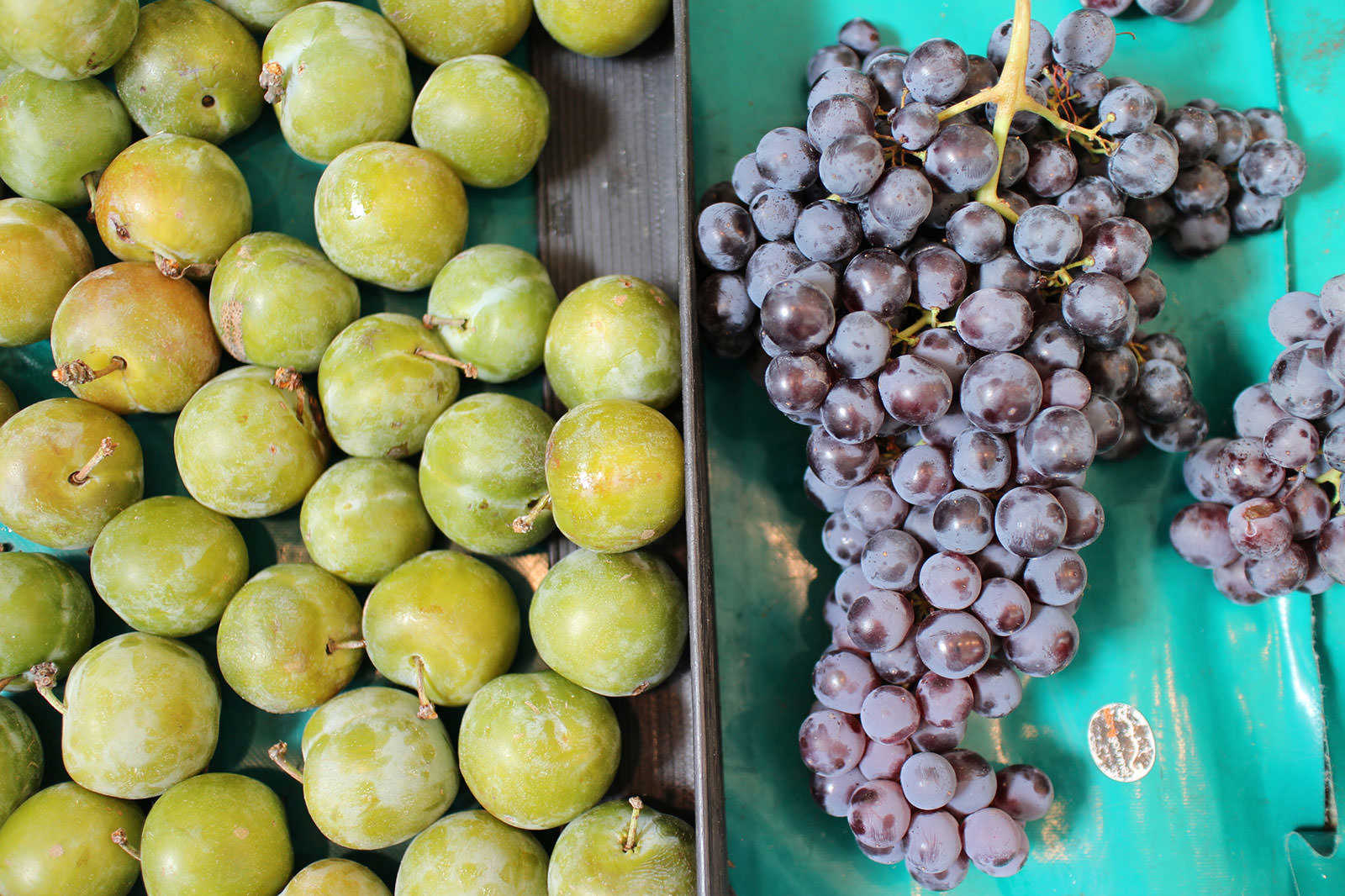
While you’ll often be compelled to look at (and touch) the many different and colourful items sold at the farmers’ markets such as Campo de Fiori, local stall owners normally don’t like customers handling their wares. Look with your eyes, not with your hands, and ask the stall owners to help you choose your fruit, cheese or any other fresh product you're interested in.
